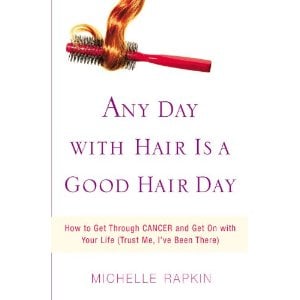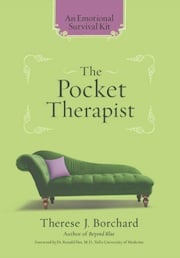
I used to be afraid to write.
Because I knew I would write badly.
I couldn’t commit my words to the page because I was sure I would use the wrong ones not to mention incorrect grammar and punctuation.
I forgot about how much progress I’ve made in this area until a friend dropped by the other day and, like an excited kid on Christmas morning, I handed him a bound galley (looks like a paperback version of a book, printed for publicity reasons before the book comes out) of my book, “Beyond Blue,” because I still can’t believe I actually wrote my story, something that I’ve always wanted to do since I was a young girl.
My friend works in the book business and wants to write more, too, but is sure he’s bad at it. Positive.
“Do you feel like you’ve made it past that hurdle?” he asked me, “of always questioning and doubting yourself?”
I laughed out loud.
“Ah ….. no,” I responded.
“The insecurities don’t disappear once you’re published. They simply change. So instead of getting ding letters from publishers, you are getting royalty statements printed in red, and let me tell you, they hurt just as bad as the rejection letters.”
“So how do you work around that and still produce?” he asked me.
I thought about that for awhile and then came up with these three steps.
1. You need people in your life that believe in you.
I think that’s really the most important ingredient. Because Lord knows I can’t count on my self-appraisals. They would have me much too scared to put anything down on paper. And it’s best if your cheerleaders can also guide and teach you in a field, like publishing. I credit my mentor, Mike Leach, for so much of what I do because he was on the phone with me back when I was in the psych ward telling me that he believed in me. And he can also give me valuable feedback on ways I could improve my writing.
2. Simply do it.
Do the thing that you most afraid of. And look for a gig (or possibly a writing class?) where you have to do it often, a job that involves deadlines, so by every Sunday you need to have written two pieces. As I have mentioned before, writing Beyond Blue has been immensely helpful in handcuffing the self-doubter in me, because when your contract stipulates that you produce two to four posts a day, you cannot afford to tinker with each one forever, trying to make it perfect. You have to press several times a day, and that’s an important exercise in firing the perfectionist. After you start to do something over and over again, you begin to see the results, and that gives you the confidence to continue putting yourself out there.
3. Quiet the critics.
Both the silent critics who yell obnoxious things from inside your brain and the real critic who insists that you suck and should not go near a keyboard. Like my eighth-grade teacher who read aloud my paper as an example of how NOT to write, and my college professor who refused to write a letter of recommendation for me because he said I “didn’t know how to use words correctly.”
The real critics? I simply can’t read them … like the mean comments I get on Beyond Blue … they are too toxic. So if I see that a comment is very negative in the first two lines, I won’t read the rest. The silent crtics are harder to address, which is why you need a self-esteem file. Click here for instructions on how to create yours.
To read more Beyond Blue, go to http://blog.beliefnet.com/beyondblue, and to get to Group Beyond Blue, a support group at Beliefnet Community, click here.
To subscribe to “Beyond Blue” click here.
![]()

